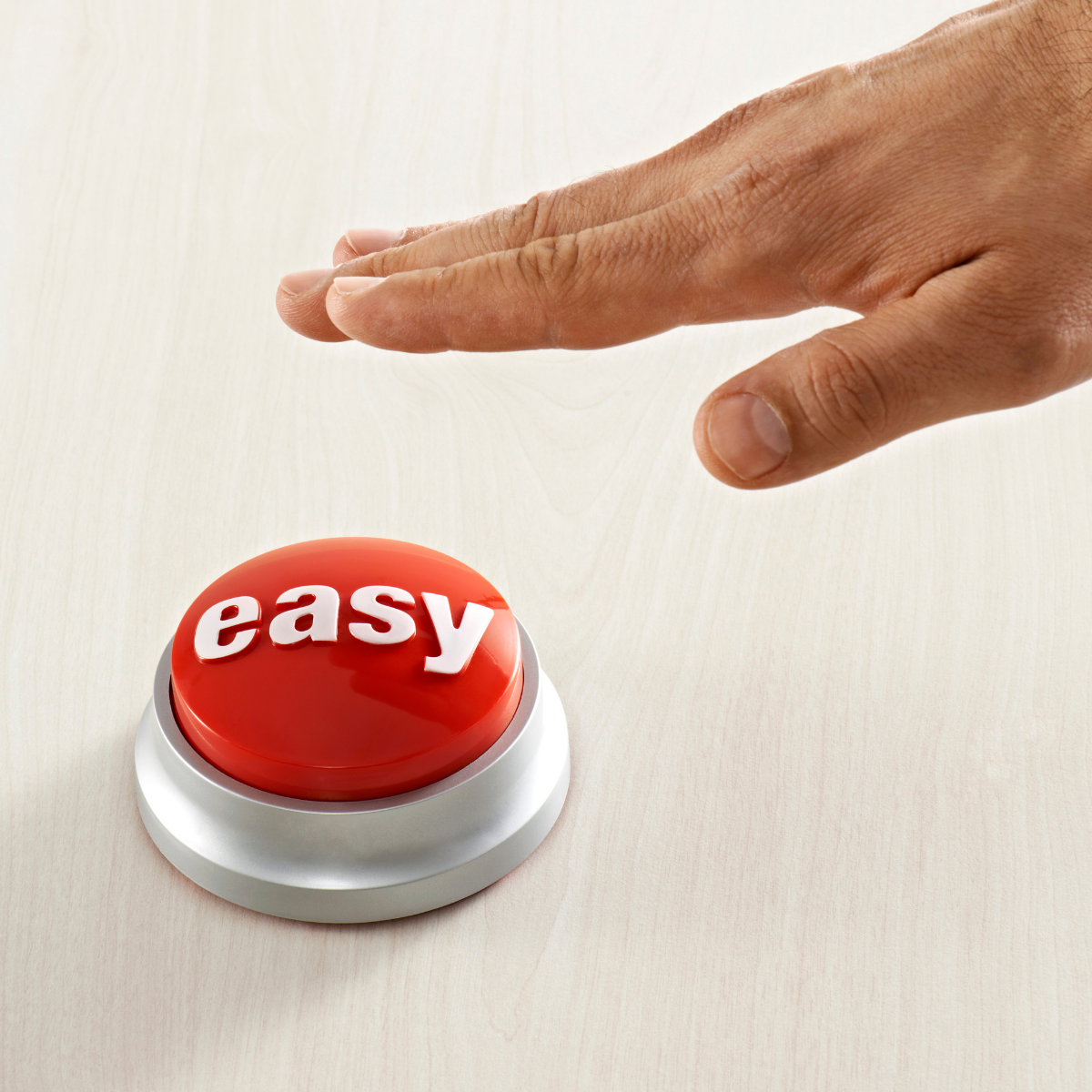In my second year of practice, word processing was just becoming a thing.
My firm had fourteen lawyers but no word processor. Fred was the senior partner. I told him that we really needed one of those new-fangled machines.
Fred was not much of a numbers guy. He was an old-timer who made good money because at that time all lawyers used to make money without trying very hard. (That ended just about April of 1981 when I was called to the Bar.)
Fred asked me, “Will we make more money if we buy one of these than if we don’t?” I had no idea, but I really wanted one so I replied, “Absolutely Fred.” So he bought one.
It did not take long before a client complained that we should not be charging so much to produce documents, because “all we had to do was push a button.” Fred said, “tell them that someone has to pay for the button.”
So who does pay for the button?
I never met a client who thought that they should pay for the button. (They are still trying to figure out why they are paying for the photocopies.)
The legal tech legal industry says that lawyers have to use technology to produce work faster in order to stay competitive. At the same time, lawyers keep chugging along billing by the hour, so as the technology speeds things up, their bills can actually go down. They don’t see the point of paying for more buttons.
There are two things that these lawyers don’t get:
First, as salaries increase, it is not always possible to increase hourly rates to cover them, especially for services that are seen as commodities such as the production of routine documents.
Second, in today’s world of instant gratification, clients demand that things be done faster. If your competitors can meet those standards, you often have to do the same.
Here is what lawyers should be thinking about:
- Are they doing the type of work which is both insensitive to price and can be automated? If I were still in private practice, I would love to be able to automate the drafting of documents for things like estate freezes, section 85 rollovers, and amalgamations. I am sure that I could continue to charge the same fees as I could charge doing the work manually. I bet the technology would make me a lot of money.
- On the other hand, if they are committed to doing work which the public (rightly or wrongly) sees as a commodity such as incorporating companies, they may need to automate just to stay competitive. Lawyers either have to decide that this is a service which they must provide, or that they should get out of the business of incorporating companies.
The bottom line is that lawyers have to give more thought to how they will recoup the cost of their investment in technology. The answer may be, ‘buy it‘ or ‘don’t buy it.’ But the answer is rarely to keep doing things the way that we have always done them.
To explore document automation software, see what Appara has to offer here: https://bit.ly/3Gqkeg0
